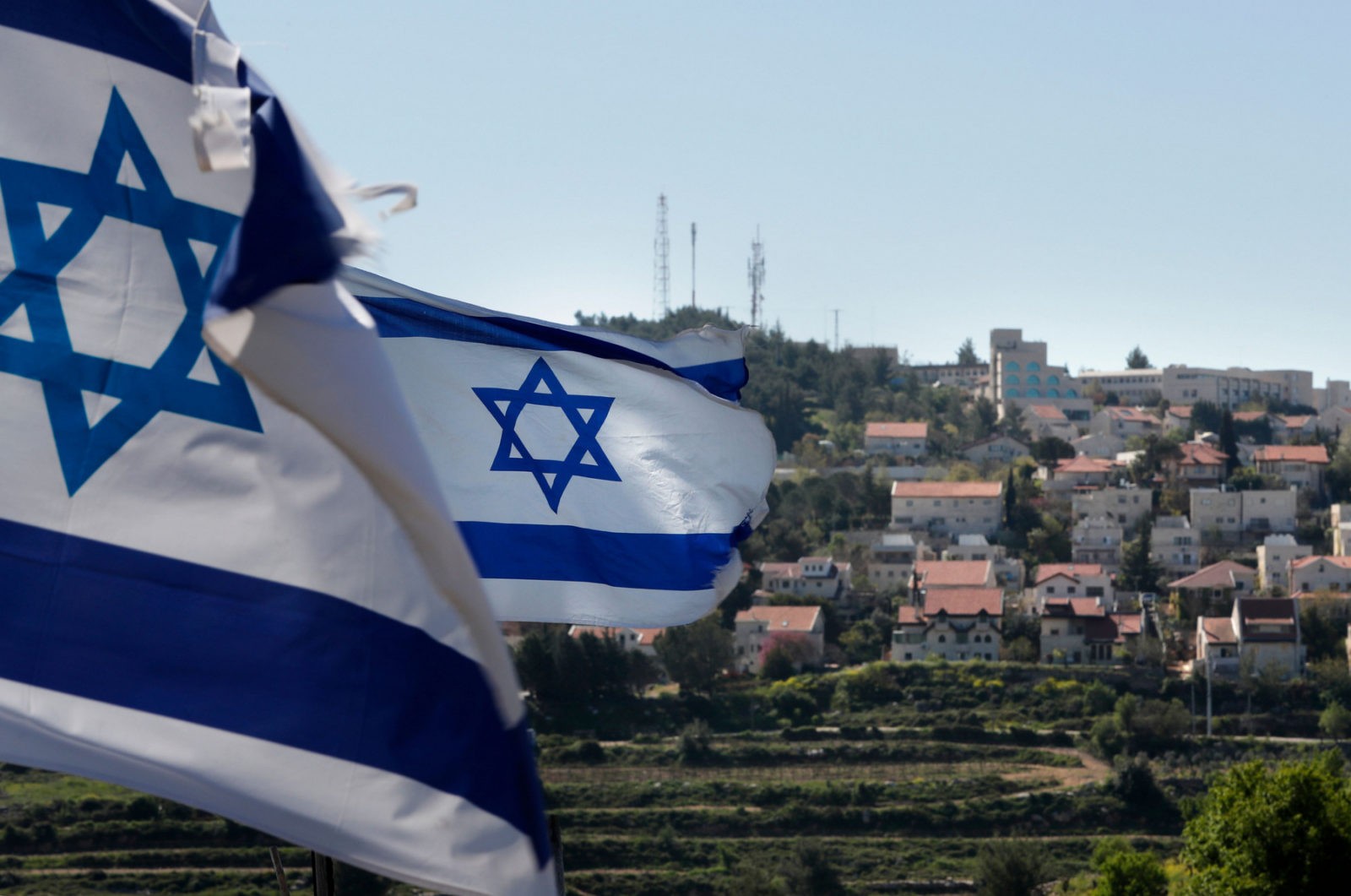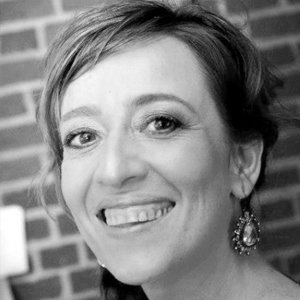At 15 percent of Israel’s population, Russian-speaking Israelis are the country’s largest Jewish minority. The group’s size suggests it should be an important political force—at one time, Russian-speaking Israelis were even called the kingmakers of Israeli politics. But is that still the case? How much political influence does this group still wield? How did it vote in Israel’s recent elections and how does that compare to long-term trends?
Over the past thirty years, an estimated 1,090,000 Jews have moved from the Soviet Union and post-Soviet states to Israel. Today, some 900,000 Russian-speaking Israelis live in the country. Approximately one-third of this group is from Russia, one-third from Ukraine, and the rest span the former Soviet empire’s geography from Central Asia to the Caucasus, to Belarus, Moldova, and the Baltics.
This group’s diversity doesn’t end there. Studies of how its members identify themselves among Israel’s socio-religious categories show that 50–60 percent of Russian-speaking Israelis view themselves as “secular,” which aligns them with the majority of Israeli society. Another 23–32 percent put themselves in one of three primary religious categories, and 12–17 percent identify as atheist.
Geographical and Generational Diversity
These factors play a role in Russian-speaking Israelis’ voting preferences. So do their level of success and where they live: at the center of the country or at the periphery. One of the most significant factors, however, is the age of immigration. Russian-speaking immigrants who came to Israel as adults in the late 1980s to mid-to-late 1990s—“generation 1.0”—are more likely to vote to the right of native-born Israelis, a result of what the independent political analyst Yuri Teper called in our recent conversation “inoculation by socialism.”
Those who came as teenagers—generation 1.5—have by now largely integrated well and are more likely to vote for centrist parties (although, in Teper’s view, at least with respect to economics, generation 1.5 still tends to be to the right of mainstream Israeli society). Those who came as toddlers or were born in Israel—generation 2.0—exhibit few differences from native-born Israelis. “The younger and better established they are, the more likely they are to vote for centrist parties,” Teper told me.
One practical effect of Russian-speaking Israelis’ diversity is that despite having significant electoral potential, controlling sixteen to seventeen seats (mandates) in the Knesset out of a total of 120, they do not vote with one voice. This means that virtually all political parties, from center-left to center-right, try to attract Russian-speaking Israelis by positioning themselves as best able to address this group’s concerns.
The million-dollar question, though, is what exactly these concerns are. Russian-speaking Israelis don’t even agree among themselves on whether they want to be viewed as a special population. Professor Ze’ev Khanin, a sociologist focusing on Russian-speaking Israelis and a lecturer in political and Jewish studies at Ariel and Bar-Ilan Universities, told me at a recent meeting in Israel that 30–50 percent of this group believe they should support Russian-speaking politicians—one of “their own.” However, up to 70 percent believe that Russian speakers have the same interests as Israelis in general, albeit with a particular emphasis, and this figure has only been increasing in the last fifteen years.
The Decline of Yisrael Beiteinu
The party that has traditionally claimed to stand for the interests of Russian-speaking Israelis is Avigdor Liberman’s right-wing party Yisrael Beiteinu (Israel Our Home). In 2009, the party captured a stunning fifteen seats, making it the third largest party in the Knesset. But its influence has been declining. In 2015 it won six seats. After hovering right around the electoral threshold of four seats in the weeks leading up to the 2019 election, occasionally even vanishing from the lists altogether, it ended up with just five seats—its lowest showing in a decade.
In an attempt to beef up support among its traditional constituency, Teper said, the party supplemented its all-national security hard-line message with “identitarian politics” aimed specifically at Russian-speaking Israelis. It advocated raising the status of Russian-speaking Israelis and working to increase awareness of this group’s contributions to the establishment of the State of Israel, to the country’s economic success of the past two decades, and especially to the build-up of Israel’s all-important high-tech sector. In light of the outcome, it’s clear that this message did not strike a chord with the community. Nor is it likely to do so on a broad scale in the future, Teper added.
Lahav Harkov, senior contributing editor at the Jerusalem Post and a leading analyst of the Knesset and Israeli politics, confirmed this view during our recent meeting in Jerusalem. “It seems that people abandoned Yisrael Beiteinu, because so many of them don’t really feel like they need something special as Russian [speakers],” she said. “The big Russian Aliyah was more than twenty-five years ago already. Certainly people who were born in Israel or who came as small children are very well integrated into society.”
A Variety of Interests, a Variety of Parties?
The center-right Likud is another party that has traditionally attracted Russian speakers. The party’s top leader, after Prime Minister Benjamin Netanyahu, is Yuli Edelstein, speaker of the Knesset since 2013 and one-time prominent refusenik. Number twelve on the party list is Ze’ev Elkin, an immigrant from Kharkiv, currently serving as minister of Jerusalem affairs and minister of environmental protection. “They are the classic example of how many people want to see Russian-speaking Israelis,” Professor Khanin said: integrated and thinking like native-born Israelis.
In recent elections, Likud added on average three to four seats out of a total of twenty-seven to thirty thanks to support from Russian-speaking Israelis—not a majority by any measure but a significant enough margin to make a difference between turning Likud into a ruling party or an opposition one, according to Professor Khanin. And although in the 2019 election Likud added a whopping six seats on top of its previous thirty, the Russian-speaking Israelis’ support remained constant: the same four seats as in the past.
For a smaller party, Russian speakers’ support can determine whether it will pass the electoral threshold or not. In this election cycle, the one seat that the group gave to the center-right Kulanu, helped to carry it over the electoral threshold, according to Professor Khanin’s post-election update. The same is true with the half-seat out of total four that it gave to the center-left Meretz and some one seat out of six that went to the Labour party. Central Asian and Georgian immigrant voters have traditionally contributed an estimated one seat and half a seat respectively to the ultra Orthodox Shas party, which in some election cycles proved similarly important. (In the recent election, Shas received eight seats, well above the electoral threshold.)
While the Russian-speaking Israelis continued to pull away from Yisrael Beiteinu and kept their support for Likud at the same level, they delivered two seats to the new centrist Kachol Lavan (Blue White), which finished with thirty five seats—second after Likud. The community spread the rest of its votes in negligible amounts among smaller parties. Taking into account the community lower than average voter turnout, it will be represented with 14 seats in the new Knesset, according to Professor Khanin.
All told, Russian-speaking Israelis gave approximately one third of their voices to a party that claimed to speak specifically to their concerns. The rest opted for the smorgasbord of parties with variations of all-national agendas.
To the extent that Russian-speaking Israelis do have concerns of their own, many appear to be a holdover from the early years of emigration. The most current of these concerns has to do with pensions. Many immigrants who arrived in Israel as adults lost their pensions earned through the former Soviet states’ systems but were not able to work long enough to accumulate or earn a pension from Israel. Reforming the Israeli pension system is therefore an issue that speaks to this group.
Another issue resonating with this group is rolling back some of the control that the religious establishment exercises over Israelis’ public and private life. Proposed changes here include introducing civil marriages and keeping stores open and public transportation running on Saturdays, the religious day of rest. Many of these issues, which have affected Russian-speaking immigrants more acutely, are nevertheless also crucial for native-born Israelis.
Pro-Moscow?
Against the background of the apparently close relationship between Netanyahu and Russian president Vladimir Putin—a relationship that to a considerable degree is a function of Russia’s presence in Syria and Israeli military’s need to deconflict its operations with Moscow—various Russian officials, including Putin himself, have made public overtures to Russian-speaking Israelis. Russia views them as “sootechestvenniki,” or compatriots—an umbrella term encompassing everyone from Russian passport-holders to people of Russian descent anywhere in the world. In recent years, Russia has actively courted the “compatriots” abroad in the hope of turning them into carriers of a pro-Russian point of view.
This raises the question of whether Israel’s Russian-speaking community might be induced to play the role of Russia’s influencers, particularly at a time of elections. Professor Khanin dismisses this possibility outright: “If Russian-speaking Israelis can’t form their own ‘lobby’ in Israel, what can we say about a pro-Russian lobby?” Nor do the numbers bear out such a scenario: according to him, seven to eight years ago, 10 percent of Russian-speaking Israelis wanted to see Israel shift its primary strategic partnership from Washington to Moscow. Today that number is 5 percent, or within the margin of error. An important factor in this group’s resistance to the pro-Kremlin message is the Jewish experience in the Soviet Union. Memories of state-sponsored anti-Semitism run deep, making it all the more unlikely that it would run into the Kremlin’s open embrace.
In the great Israeli melting pot, Russian-speaking Israelis increasingly view themselves not as Russian-speaking immigrants but simply as Israelis. “Israel is very multicultural,” said Harkov, the Jerusalem Post editor. “The Russian ballet comes to Israel, it sells out, but the Russian Israelis are still part of the society as a whole. They still don’t have specialized political needs.” The next generation is even less likely to maintain its specific Russian-speaking immigrant identity. Today, the descendants of 170,000 Soviet emigrants who arrived in Israel in the 1970s are indistinguishable from the rest of the Israeli population in terms of politics.
The paradox of the Russian-speaking Israelis’ often vaunted political power is that while this group is strong numerically, it does not think of itself as a separate interest bloc and today is spreading its votes across the political landscape. The diverse voting record of Russian-speaking Israelis defies the conventional wisdom that they are particularly right-wing. As time goes by, their electoral power as a group will likely continue to be diluted.
A version of this article was previously published by The Russia File










